-
JULY 10

1775—Shortly after taking command of the troops fighting for American independence from Britain, Gen. George Washington (the nation’s first president) has his adjutant general issue an order barring any further Blacks from joining the Continental Army. The decision would be confirmed by the Continental Congress in November of 1775. The fear was that Blacks who fought for America’s independence would be justified in demanding an end to slavery. And slave owners, including Washington, did not want that.
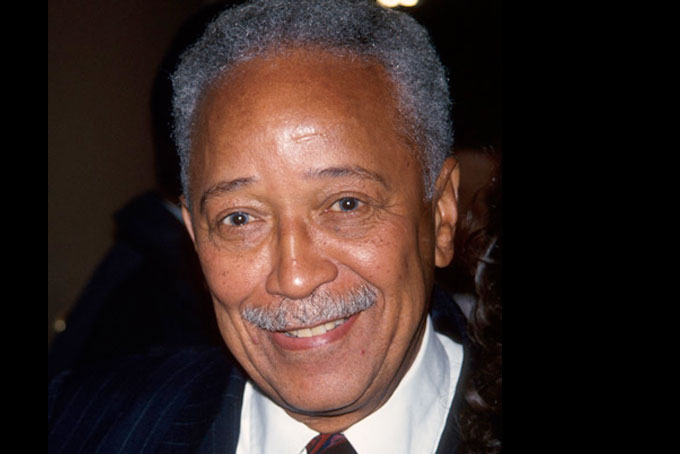
1927—David Dinkins, the first Black man elected mayor of New York City, is born on this day in 1927. He was born in Trenton, N.J., and served as New York City mayor from 1989 to 1993.

1943—Tennis sensation Arthur Ashe was born on this day in Richmond, Va. He would become the first Black male to win the Wimbledon men’s singles championship by defeating Jimmy Connors in 1975. Ashe would receive a contaminated blood transfusion and die of AIDS in February 1993.

1972—The Democratic Party holds its presidential convention in Miami, Fla. New York Congresswoman Shirley Chisholm, the first Black person to actively seek the party’s presidential nomination, received 151.95 votes on the first ballot. Senator George McGovern would eventually be nominated. Chisholm had been the first Black woman elected to the United States Congress, achieving the distinction in 1968. She was born in Brooklyn, N.Y., to a Barbadian mother and a Guyanese father. Chisholm’s signature phrase was “Un-bought and un-bossed.” She died in January 2005.
-
JULY 11
1905—The Niagara Movement (forerunner of the NAACP) is founded during a meeting near Niagara Falls, N.Y. Among the most prominent Blacks at the meeting were intellectual and activist W.E.B. DuBois and newspaper publishers William Monroe Trotter and Ida B. Wells Barnett.
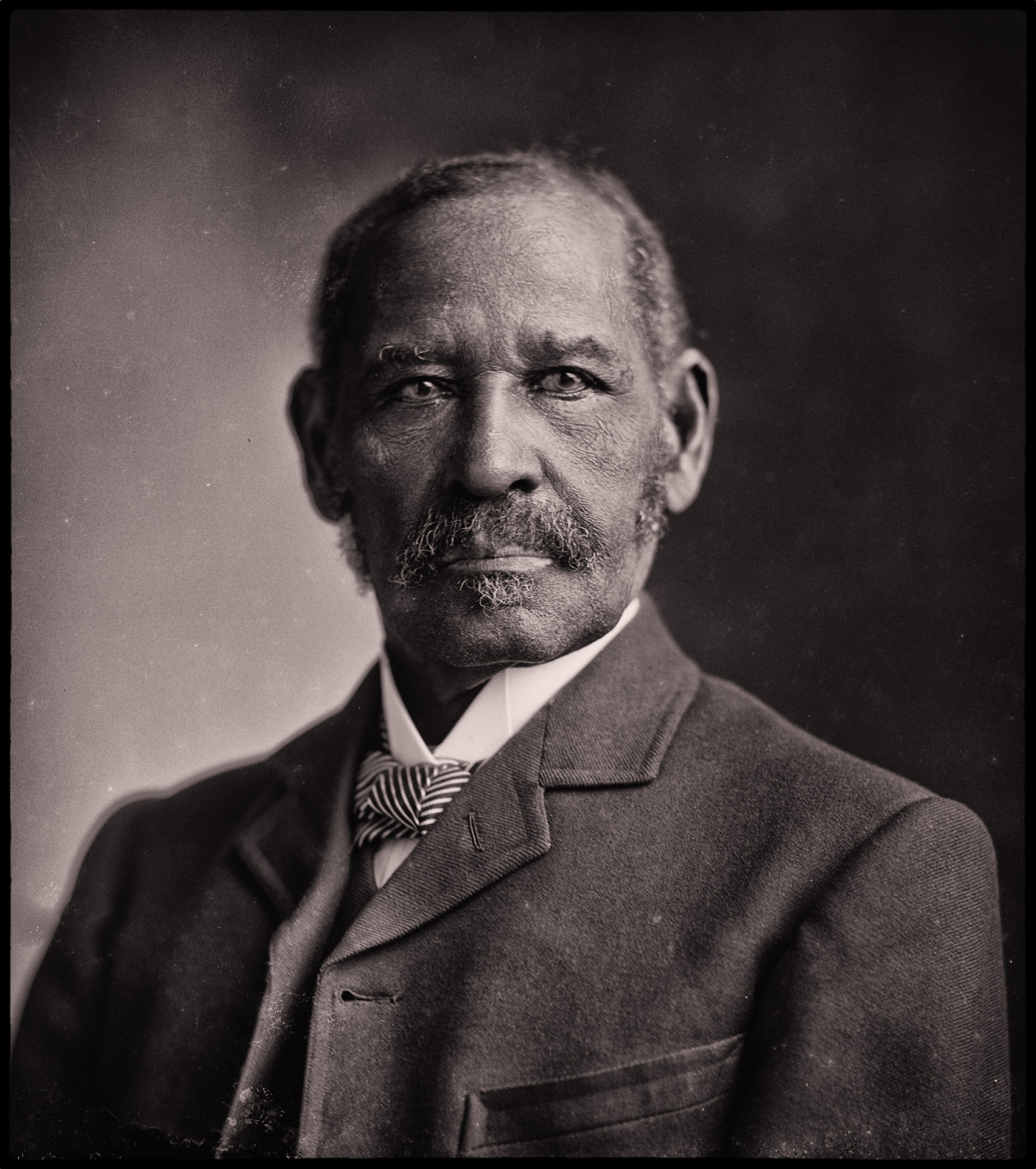
1915—Mifflin Wistar Gibbs dies. Gibbs had worked on the Underground Railroad helping Blacks escape from slavery along with Frederick Douglas. He would later become publisher of Mirror of the Times—the first Black newspaper in California. He was also the first African-American elected to a municipal judgeship in the state.

2010—Gospel legend Bishop Walter Hawkins dies. The Grammy award-winning Hawkins died at his home in Ripon, Calif. Hawkins was part of the influential Hawkins family. His brother was Edwin Hawkins and for a while he was married to gospel great Tramaine Hawkins.
-
JULY 12
1887—Mound Bayou, Miss., perhaps the nation’s best known historically all-Black town, is founded by ex-slave Isaiah Montgomery and his cousin Benjamin T. Green. It was built as a sanctuary for former slaves during a period when Jim Crow racism and terrorism by groups such as the Ku Klux Klan were on the rise. It is considered the oldest surviving all-Black town in America. According to the 2000 Census, the town had 2,100 residents.
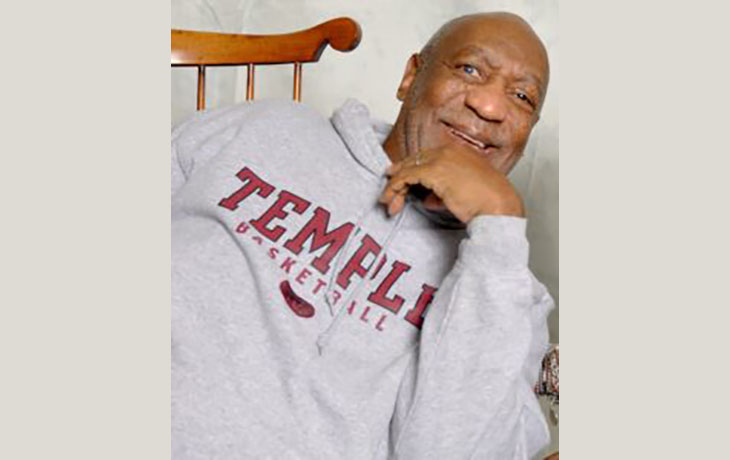
1937—Actor, comedian and political activist William “Bill” Cosby is born on this day in Philadelphia, Pa. Cosby would rise from nightclub comedian, to actor in several of the so-called Black exploitation movies of the 1970s, to star of the hit NBC television series “The Cosby Show” from 1984- 92. The show won numerous awards and praise for its portrayal of a middle-class African American family.
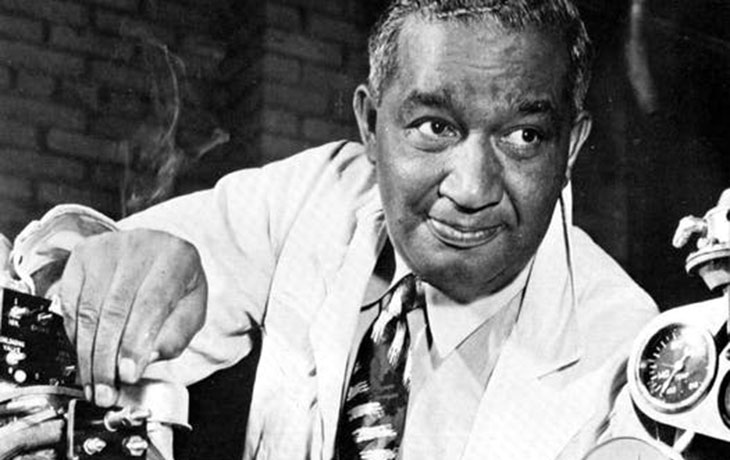
1949—Although he is seldom mentioned today, Frederick M. Jones was one of Black America’s most productive inventors. There are at least 60 patents to his credit. However, Jones is best known for the invention of an air conditioning unit. Specifically, he designed an automatic refrigeration system for long-haul trucks and trains which he patented on this day in 1949. Jones was born in 1893 in Covington, Ky., near Cincinnati. He died in 1961.
-
JULY 13
1863—One of the bloodiest race (or perhaps more appropriately “racist”) riots in America history begins. The event, known historically as New York City Draft Riots, was sparked by angry opposition to the congressionally passed Enrollment Act—a mandatory draft requiring White men to fight in the Civil War. Many Whites went on a rampage out of opposition to the draft and fear of freed Blacks competing with them for jobs. The rioting lasted from July 13 to July 16 before it was finally put down with the aid of Federal troops. But before it was over, an estimated 100 people had been killed and 300 wounded—most of them Blacks. The mandatory draft also reflected a fact commonly omitted from standard American history texts: the class nature of much legislation. In this instance, the draft only applied to poor and working-class Whites. Wealthy Whites were officially exempted from the draft by paying a fee.
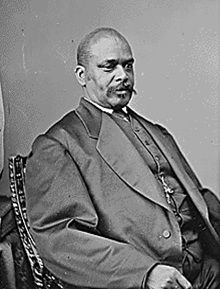
1868—Oscar J. Dunn, a former slave, is installed as Louisiana’s lieutenant governor. At the time, it was the highest elective state position ever achieved by any African American. Another Black, Antoine Dubuclet, was installed as state treasurer. However, virtually all the Black political gains after the Civil War would be wiped out by the Hayes-Tilden Compromise of 1872 and the subsequent anti-Black Jim Crow laws. It would take nearly 100 years (during the 1960s) before Blacks would once again begin to match the political gains they had made during the post-Civil War period.
-
JULY 14
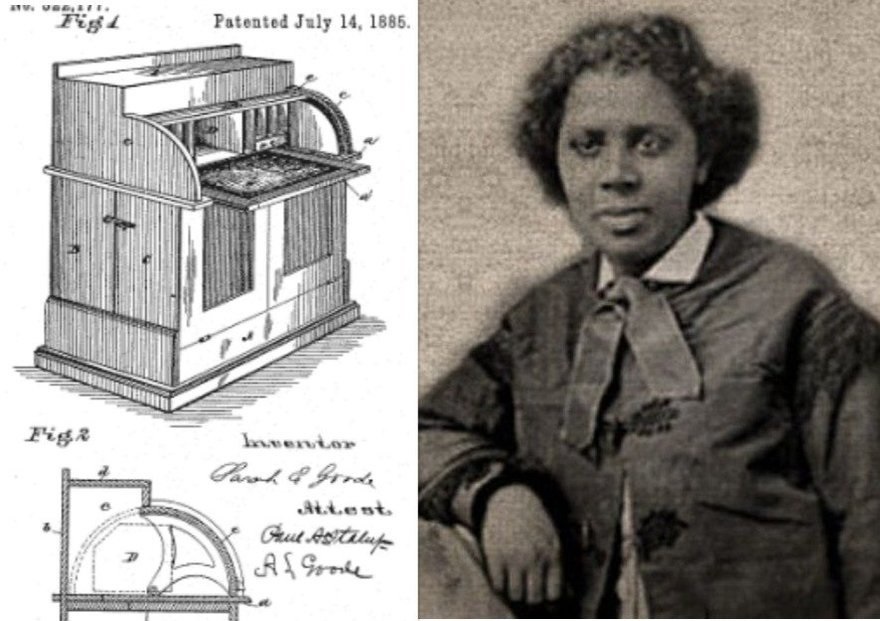
1885—Sarah E. Goode (1855 – 1905) was an American entrepreneur and inventor. She was one of the first known African American women to receive a United States patent, which she received in 1885 for her cabinet bed.
-
JULY 15
1779—Noted Black spy Pompey Lamb supplies the American revolutionary forces with information, which enables them to win the Battle of Stony Point—the last major battle of the Revolutionary War in New York State. Lamb had worked as a fruit and vegetable delivery man for the British Army.
1822—Philadelphia becomes one of the first major cities to open its public schools to Blacks. The first school was a segregated one just for Black boys. One for girls was opened four years later in 1826. The city’s public schools would remain segregated until the 1930s.
1867—Businesswoman Maggie Walker, the first African American woman to charter and become president of a bank, was born.
-
JULY 16
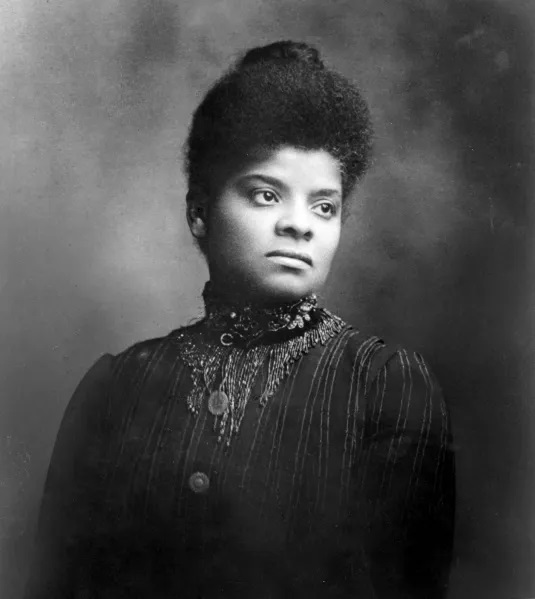
1862—Crusading journalist and anti-lynching activist Ida B. Wells-Barnett is born in Holly Springs, Miss. Wells-Barnett was a true militant activist. Her editorials so angered Whites in the Memphis, Tenn., area that a mob burned down the building which housed her newspaper. She was also one of the original founders of the NAACP and in 1884 she committed a “Rosa Parks” type act when she refused an order to give up her seat on a train to a White man. It took the conductor and two other men to remove her from the seat and throw her off the train.

1882—Violette N. Johnson is born. She would become the first Black female attorney allowed to practice before the United States Supreme Court on January 29, 1926

